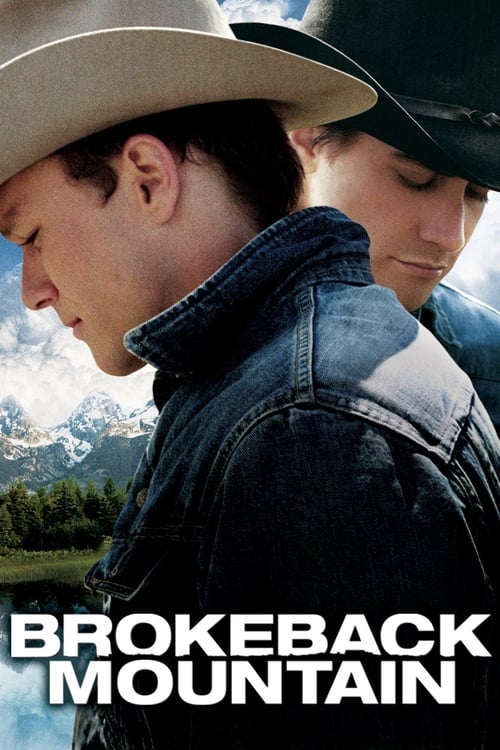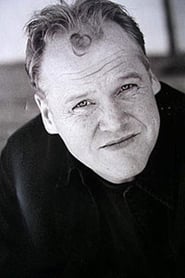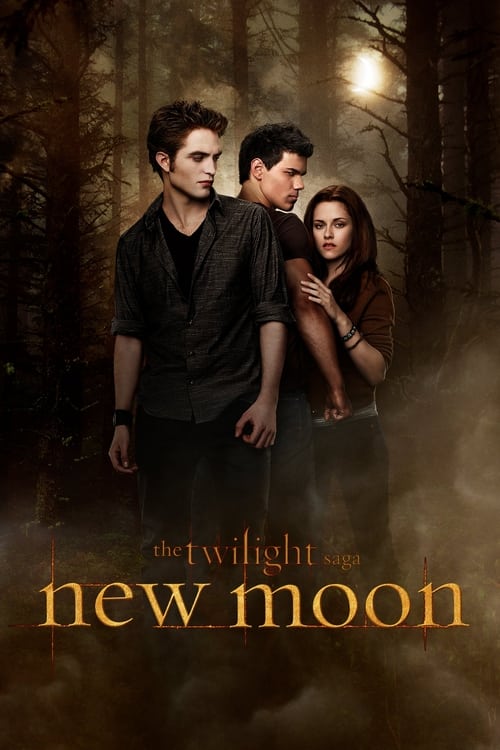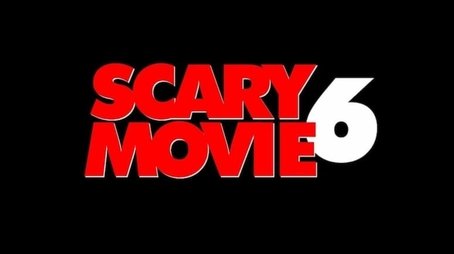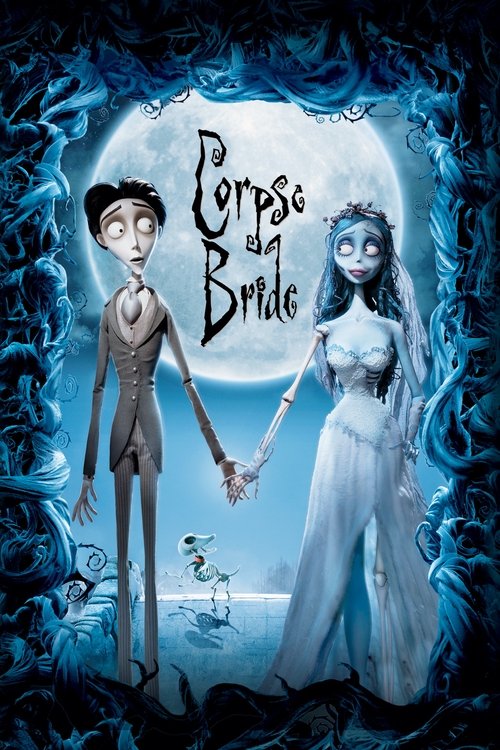
Ask Your Own Question
What is the plot?
In the summer of 1963, two young cowboys, Ennis Del Mar and Jack Twist, find themselves in the rugged hills of Wyoming, hired by rancher Joe Aguirre to herd his sheep on Brokeback Mountain. The vast, isolated landscape sets the stage for a story of unexpected love and enduring heartache. Ennis, initially portrayed as quiet and reserved, contrasts with Jack's more outgoing personality. Their interactions are closely observed by Aguirre, who seems to sense the unique bond forming between them.
As the days pass, Ennis and Jack grow accustomed to each other's company, sharing stories and laughter around campfires. One cold night, after a bout of heavy drinking, Jack makes a drunken pass at Ennis, which is eventually reciprocated. Despite initial confusion and denial, this moment becomes the foundation for a deep, albeit conflicted, love that will span two decades. The encounter is raw and passionate, yet it also marks the beginning of a secret that will haunt them for years to come.
As the summer draws to a close, Ennis and Jack part ways, each returning to their separate lives. Ennis marries his longtime fiancée, Alma Beers, and starts a family in Wyoming. Jack, meanwhile, moves to Texas, where he meets and marries Lureen Newsome, the daughter of a wealthy agricultural machinery manufacturer. Despite their efforts to live conventional lives, neither can forget their time on Brokeback Mountain.
Years pass, and Ennis and Jack continue to see each other in secret. They use postcards to arrange "fishing trips," which serve as excuses for their clandestine reunions. These encounters are filled with passion and longing, but they also underscore the societal pressures that force them to keep their relationship hidden. During one of these reunions, Jack expresses his desire to create a life together, but Ennis, haunted by a childhood memory of a man tortured and killed for suspected homosexuality, refuses to abandon his family.
The tension between them grows as they struggle to reconcile their love with the expectations of those around them. In one poignant moment, Jack says, "I wish I could quit you!" This line captures the complexity of their relationship--both the deep love they share and the societal constraints that prevent them from fully embracing it.
As the years go by, Ennis and Jack's relationship becomes increasingly strained. They argue about their inability to be together openly, with Ennis unable to miss work and Jack admitting to traveling to Mexico for sex. Despite these challenges, their bond remains strong, though it is tested by the secrets they keep and the lies they tell to maintain their double lives.
In 1980, Ennis receives a postcard he had sent to Jack, returned with "DECEASED" stamped across it. This news sends Ennis into a spiral of grief and confusion. He contacts Lureen, who tells him that Jack died in an accident while changing a tire--a story that Ennis does not believe. He suspects that Jack was killed by a homophobic mob, a fear that has haunted him since his childhood.
Ennis decides to visit Jack's family in Lightning Flat, Wyoming. There, he meets Jack's parents and sees the postcards he had sent over the years. In Jack's room, Ennis finds two shirts, his and one of Jack's, worn during their summer on Brokeback Mountain and smeared with their blood from a fight. The shirts are tenderly folded into each other, symbolizing the enduring connection between them. Ennis takes the shirts with him, a poignant reminder of what could have been.
The visit serves as a moment of closure for Ennis, allowing him to finally acknowledge the depth of his love for Jack and the sacrifices he made to conform to societal norms. He realizes too late that his fear of societal judgment and his inability to express his true feelings have cost him the life he truly desired.
Back in his small trailer, Ennis hangs the shirts on a nail beneath a postcard of Brokeback Mountain. The shirts become a symbol of their love, now openly acknowledged by Ennis, though it is a bittersweet recognition. In his dreams, Jack begins to appear, a haunting reminder of what they shared and what they lost.
The film concludes with Ennis, now alone and weathered by years of hard work and heartache, reflecting on his life and the choices he made. His eldest daughter, Alma Jr., visits him, bringing news of her upcoming wedding. Ennis asks if her boyfriend truly loves her, seeking reassurance that she will not suffer the same fate as he did. As Alma Jr. leaves, Ennis sits in his trailer, surrounded by the memories of Jack and their time on Brokeback Mountain. The shirts, now reversed with Ennis's shirt over Jack's jacket, hang as a testament to their enduring love--a love that was never fully realized but remains a powerful reminder of what could have been.
In the final scene, Ennis is seen sitting alone, his eyes filled with a mix of sadness and acceptance. The postcard of Brokeback Mountain on his wall serves as a poignant reminder of the freedom and love they shared, a love that was ultimately constrained by the societal norms of their time. As the camera pans out, the vast, empty landscape of Wyoming stretches before him, a symbol of the isolation and loneliness that have defined his life. Yet, in this moment, Ennis finds a sense of peace, knowing that he has finally acknowledged his true feelings and the love that he and Jack shared.
What is the ending?
In the ending of Brokeback Mountain, Ennis Del Mar visits the trailer of Jack Twist's mother after Jack's death. He learns that Jack was killed in a brutal incident, which deeply affects him. Ennis reflects on their relationship and the life they could have had together. The film concludes with Ennis sitting in Jack's childhood bedroom, holding a shirt that belonged to Jack, filled with sorrow and regret.
As the final scenes unfold, we see Ennis Del Mar, now a middle-aged man, grappling with the weight of his memories and the choices he has made. The scene transitions to Ennis visiting Jack Twist's mother, who is in a modest home filled with the remnants of Jack's life. The atmosphere is heavy with unspoken grief. Ennis, visibly tense, is met with a cold reception as he asks about Jack. Jack's mother reveals the tragic news of Jack's death, explaining that he was killed in a hate crime, his body found in a ditch. The revelation hits Ennis like a physical blow, and his face contorts with pain and disbelief.
The narrative shifts to Ennis's internal turmoil as he processes the loss. He recalls the moments he shared with Jack on Brokeback Mountain, the love they had, and the life they could have built together. The memories flood back, and we see flashes of their time together, juxtaposed with the stark reality of their separate lives. Ennis's heartache is palpable; he is a man who has lived in the shadows of his true self, burdened by societal expectations and personal fears.
In a poignant moment, Ennis finds himself in Jack's childhood bedroom, a space filled with nostalgia and sorrow. He picks up a faded, worn shirt that Jack had left behind, holding it close to his chest. The shirt symbolizes their love, the connection that transcended the years and the pain of their separation. Ennis's eyes well with tears as he clings to the fabric, a tangible reminder of what he has lost.
The film closes with Ennis sitting on the edge of the bed, the weight of his grief and regret hanging heavily in the air. He whispers Jack's name, a final acknowledgment of the love that defined his life, yet remained unfulfilled. The screen fades to black, leaving the audience with a profound sense of loss and the haunting realization of what could have been.
In the end, Ennis is left alone, a man marked by the scars of his choices and the societal constraints that dictated his life. Jack Twist, who sought to live authentically, is tragically taken from him, leaving Ennis to grapple with the reality of their love in a world that could not accept it. The film concludes on a note of deep emotional resonance, highlighting the themes of love, loss, and the struggle for acceptance in a world that often denies the truth of one's heart.
Is there a post-credit scene?
Brokeback Mountain does not have a post-credit scene. The film concludes with a poignant and emotional ending that leaves a lasting impact on the audience. After the final scene, which depicts Ennis Del Mar visiting the trailer of his late lover, Jack Twist, the credits roll without any additional scenes or content. The film's conclusion focuses on the deep sense of loss and longing that permeates the characters' lives, encapsulating the central themes of love, regret, and the societal constraints that shaped their relationship.
What is the significance of the sheep herding job on Brokeback Mountain for Ennis and Jack?
The sheep herding job on Brokeback Mountain serves as the catalyst for the deep emotional and physical relationship between Ennis Del Mar and Jack Twist. It is during this summer of 1963 that they first explore their feelings for each other, sharing intimate moments under the vast, starry sky. The isolation of the mountain allows them to express their true selves away from societal expectations, leading to a passionate bond that will haunt them for years to come.
How does Ennis's upbringing influence his relationship with Jack?
Ennis Del Mar's upbringing in a conservative, rural environment shapes his views on masculinity and love. Raised by a father who instilled a fear of homosexuality, Ennis struggles with his feelings for Jack. His internalized homophobia and fear of societal rejection lead him to push Jack away, despite his deep love for him. This conflict creates a tension that permeates their relationship, as Ennis grapples with his desire and the societal norms that dictate his actions.
What role does Alma play in Ennis's life and how does she react to his relationship with Jack?
Alma, Ennis's wife, represents the conventional life that Ennis feels trapped in. Initially, she is unaware of Ennis's feelings for Jack, but as the years progress, she becomes suspicious of his absences and emotional distance. When she discovers the truth, Alma is devastated and feels betrayed, leading to a strained marriage. Her character highlights the societal pressures and expectations placed on individuals, as well as the personal sacrifices Ennis makes to maintain a facade of normalcy.
How does Jack's character evolve throughout the film, particularly in relation to his dreams and aspirations?
Jack Twist's character evolves from a hopeful young man with dreams of a life with Ennis to a more desperate figure seeking validation and love. Initially, Jack is optimistic about their future together, envisioning a life where they can be free to love each other. However, as the years pass and Ennis remains emotionally unavailable, Jack's dreams become increasingly unattainable. His longing for a life with Ennis leads him to seek relationships with women, but he remains unfulfilled, ultimately leading to his tragic fate.
What is the impact of the final confrontation between Ennis and Jack on their relationship?
The final confrontation between Ennis and Jack is a pivotal moment that encapsulates the pain and longing that has defined their relationship. When they meet after years apart, the tension is palpable as they confront their feelings and the reality of their lives. Jack's desire for a more open relationship clashes with Ennis's fear of societal rejection, leading to a heartbreaking argument. This confrontation solidifies the emotional distance between them, leaving Ennis with a profound sense of loss and regret that lingers long after Jack's tragic death.
Is this family friendly?
"Brokeback Mountain," produced in 2005, is not considered family-friendly due to its mature themes and content. Here are some potentially objectionable or upsetting aspects that may occur for children or sensitive viewers:
-
Same-Sex Relationships: The film centers around a romantic relationship between two men, which may be uncomfortable for some viewers, particularly younger audiences.
-
Sexual Content: There are explicit scenes depicting sexual intimacy between the main characters, which are graphic and may not be suitable for children.
-
Emotional Turmoil: The characters experience significant emotional struggles, including feelings of isolation, guilt, and heartbreak, which may be distressing for sensitive viewers.
-
Violence and Aggression: There are moments of physical confrontation and emotional violence that reflect the societal pressures and prejudices faced by the characters.
-
Substance Abuse: The film includes scenes of alcohol consumption and the impact of substance use on relationships and personal well-being.
-
Tragic Themes: The narrative explores themes of loss, regret, and societal rejection, which may be heavy and upsetting for younger audiences.
Overall, the film deals with complex adult themes that may not be appropriate for children or those who are sensitive to such content.

